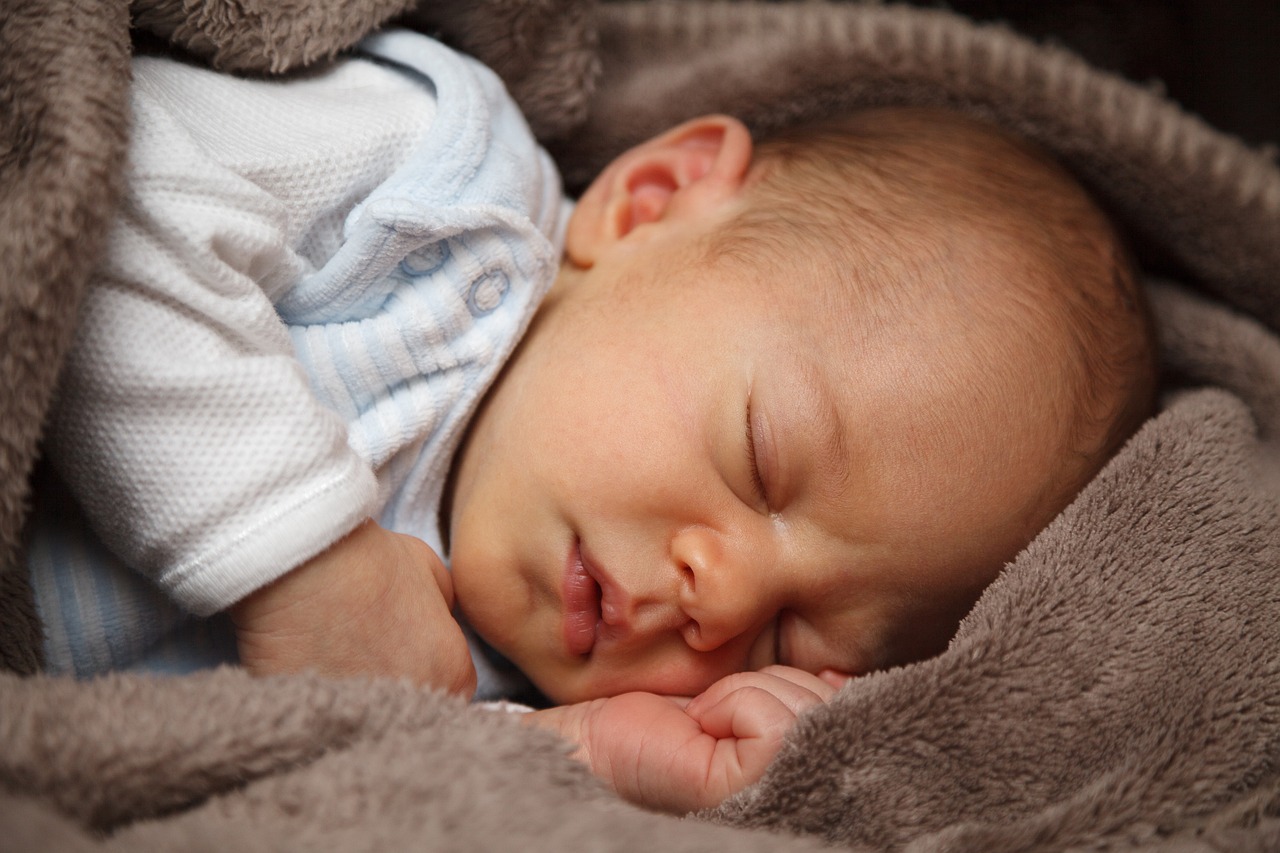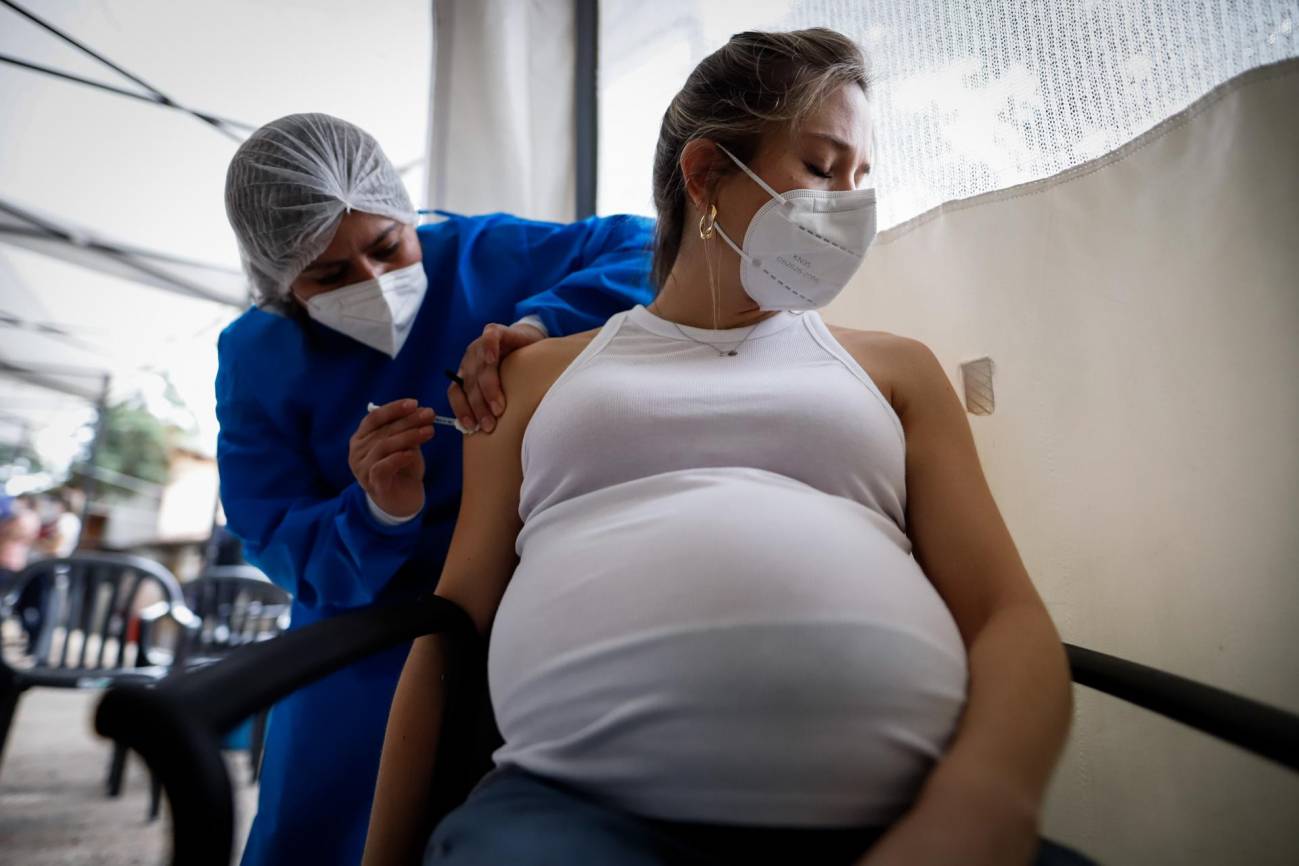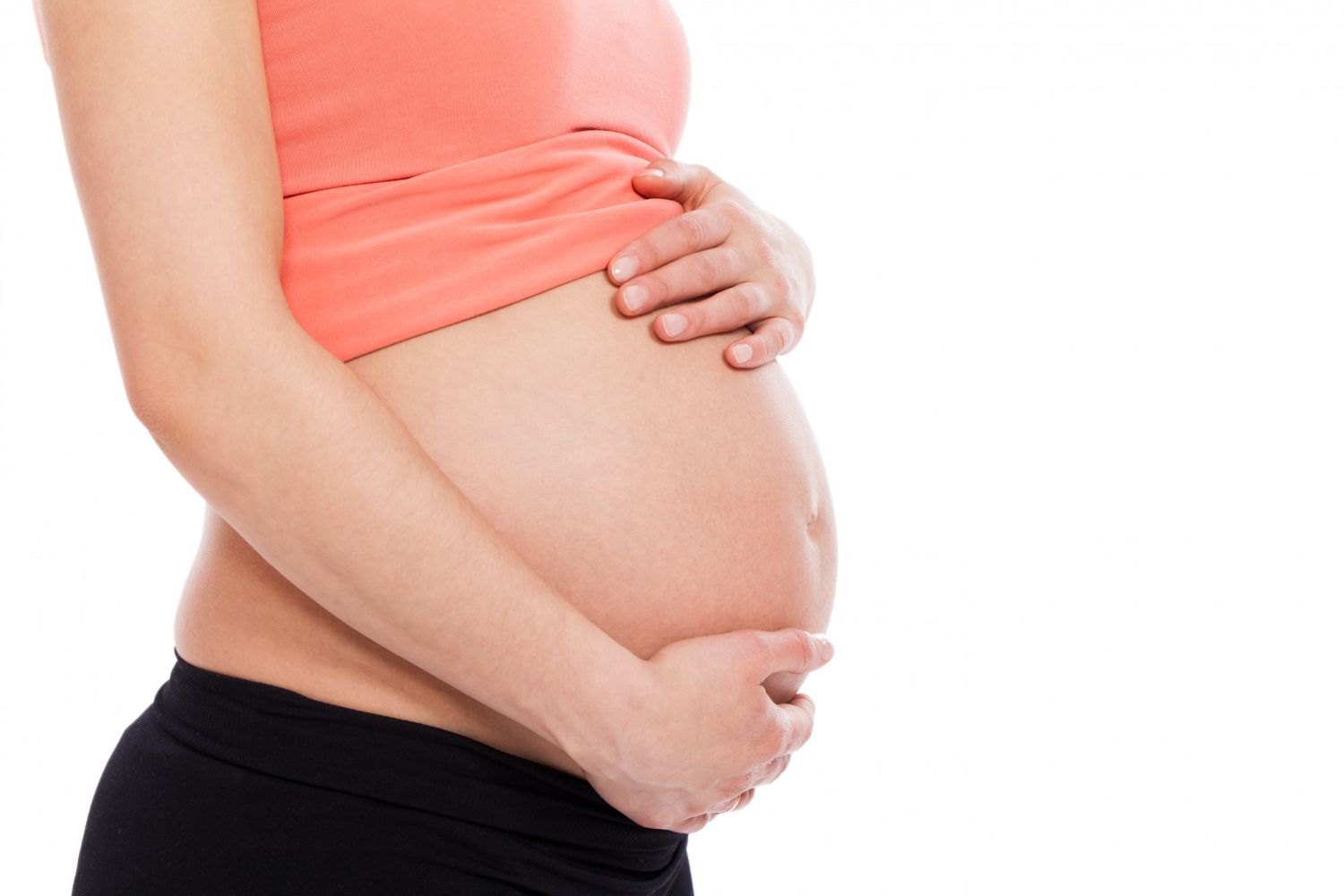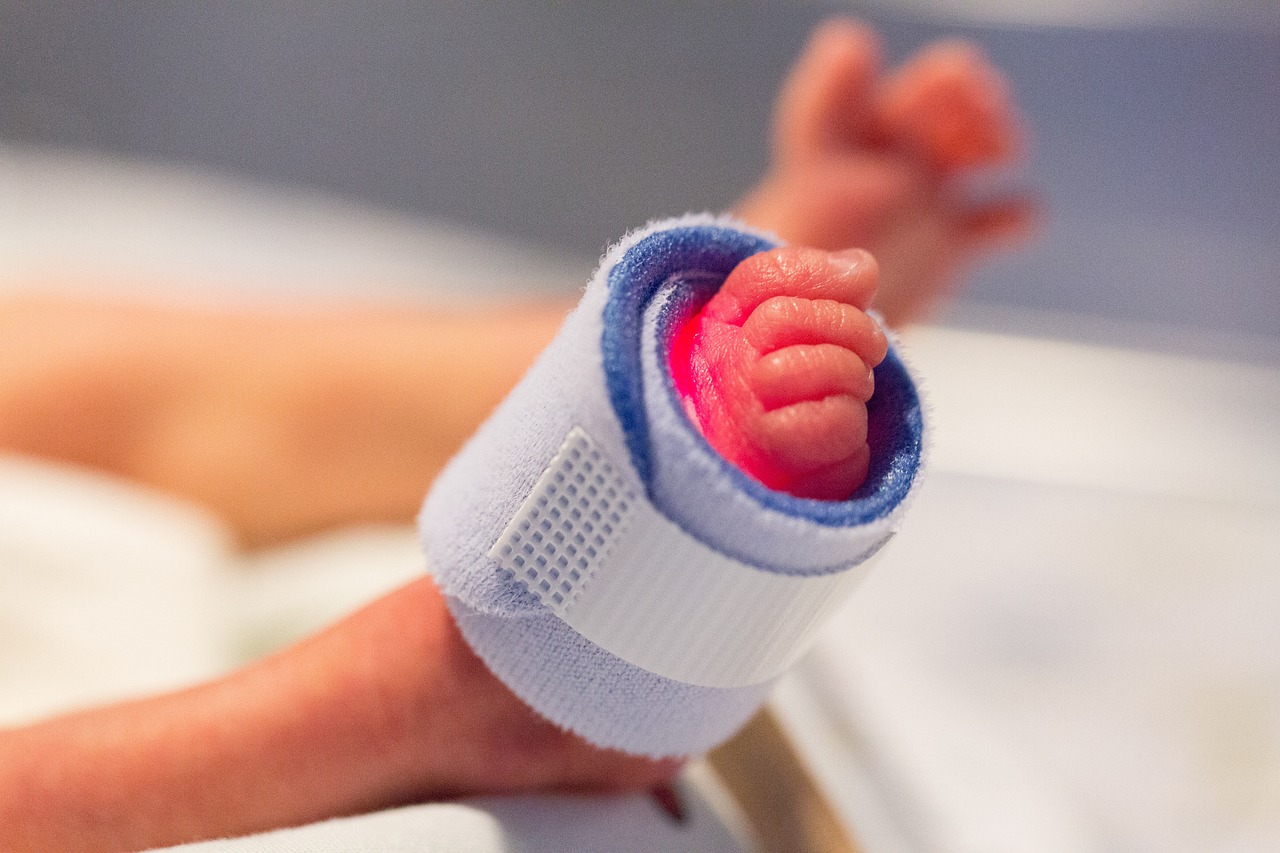Reaction: a study concludes that the monoclonal antibody nirsevimab reduced the risk of hospitalizations related to RSV in babies from Galicia
Nirsevimab substantially reduced hospitalizations of babies from late September to late December 2023 in Galicia, according to a study published in The Lancet Infectious Diseases. This monoclonal antibody is administered to babies to prevent lower respiratory tract illness caused by respiratory syncytial virus (RSV). In Galicia, over 9 out of 10 babies received nirsevimab, which, according to the research, reduced the risk of hospitalizations for RSV-related respiratory illness by over 80%.




